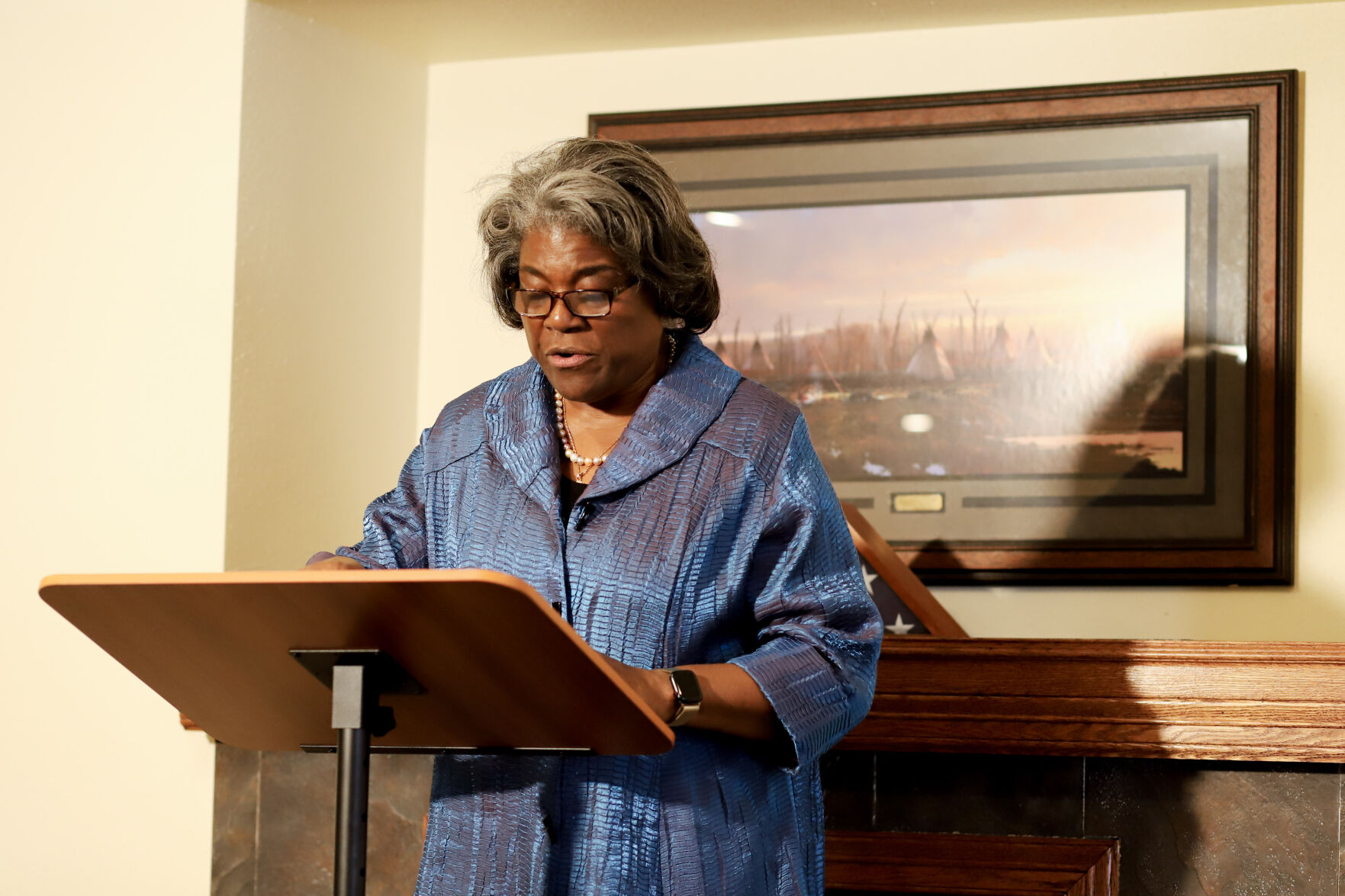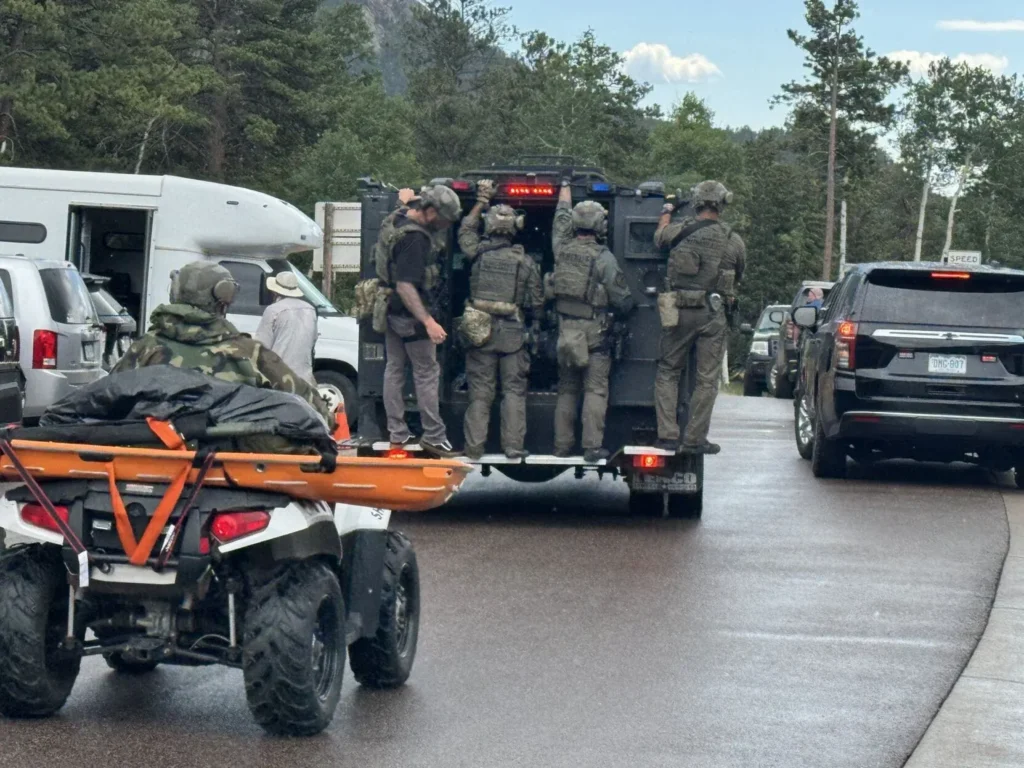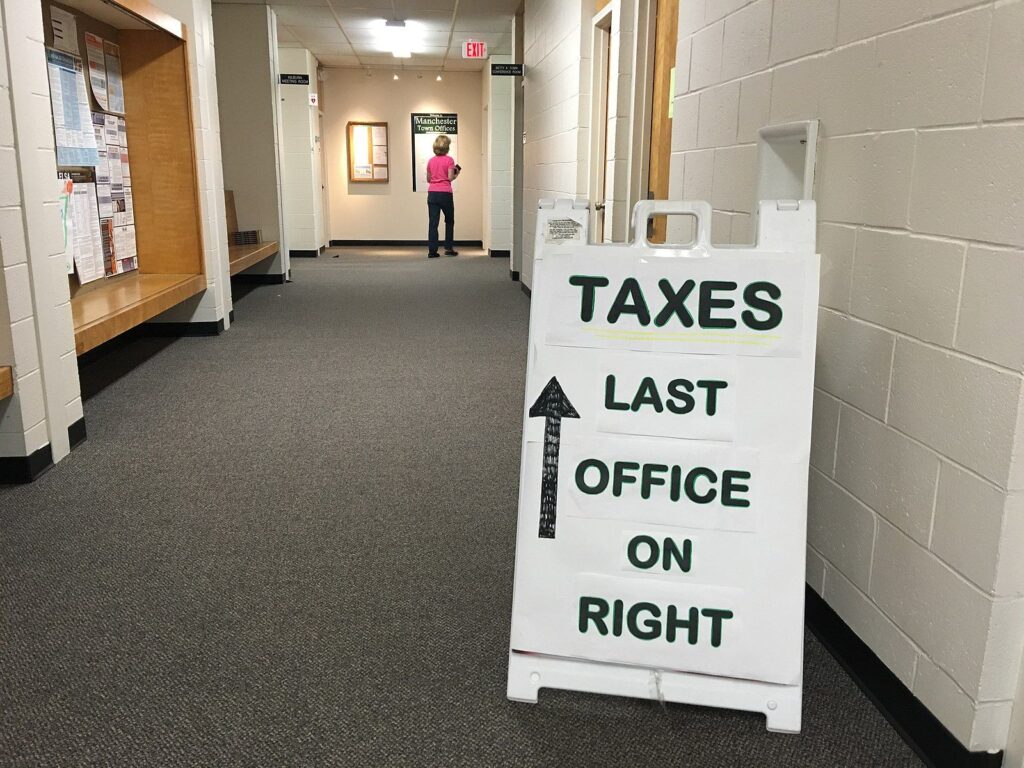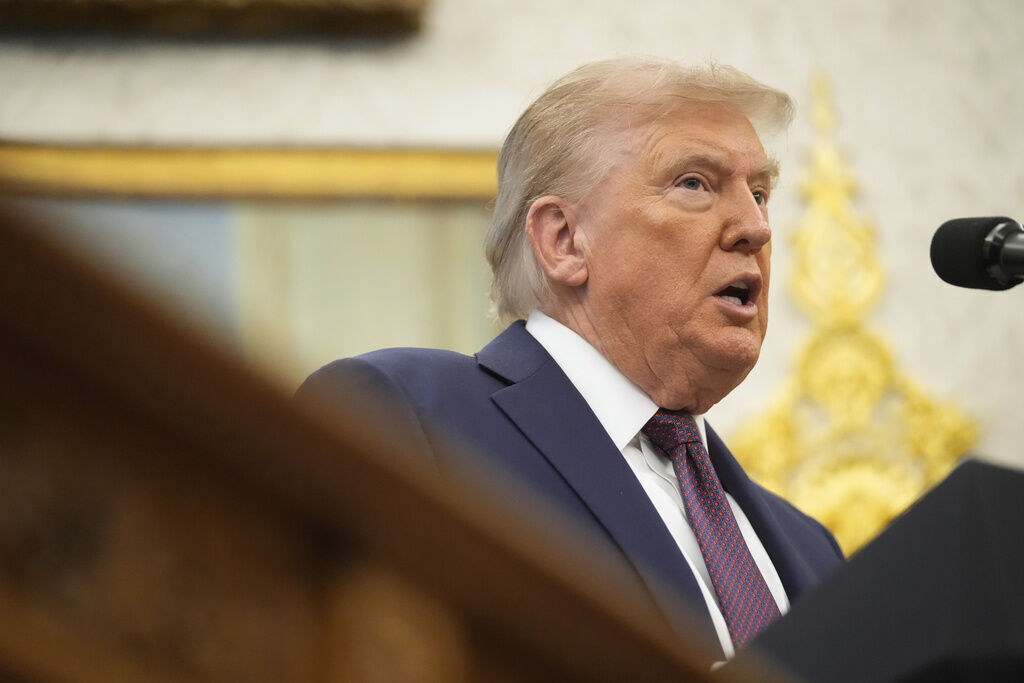How Colorado’s budget was built, UN ambassador visits Denver | WHAT YOU NEED TO KNOW
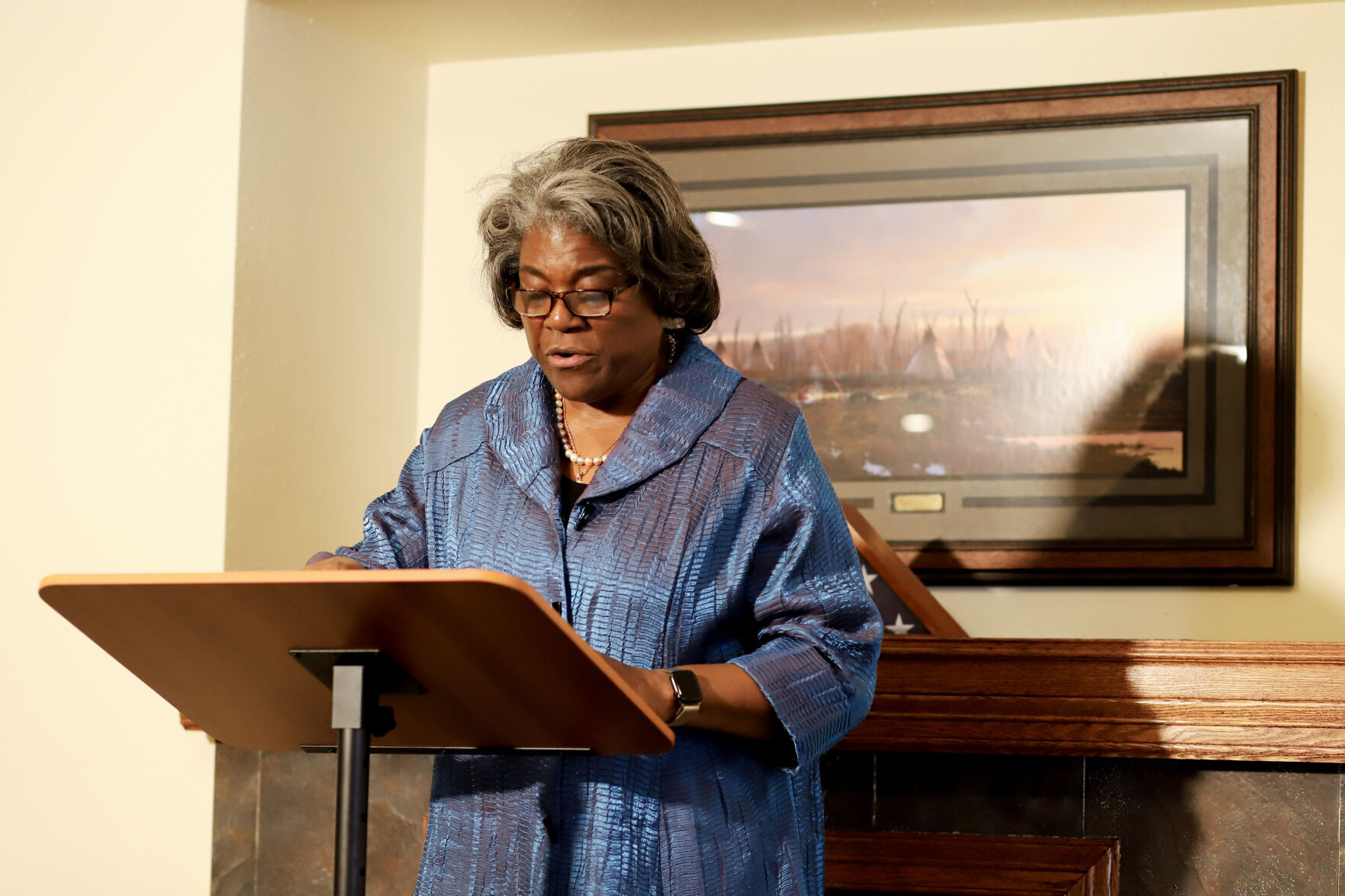
Today is May 5, 2023 and here is what you need to know:
Colorado’s lawmakers sent a $38.5 billion spending plan to Gov. Jared Polis on April 21, the culmination of months of work by a small group of legislators who ultimately succeeded in persuading their colleagues to adopt the budget.
That small group – Sens. Jeff Bridges, D-Greenwood Village, and Sen. Barbara Kirkmeyer, R-Brighton, and Reps. Shannon Bird, D-Westminster, Emily Sirota, D-Denver, and Rod Bockenfeld, R-Watkins, plus the chair, Rachel Zenzinger, D-Arvada – had hunkered down since November of last year to craft a proposal palatable to lawmakers and ultimately to the governor.
Tensions between the governor’s office and the Joint Budget Committee, as well as between legislators and the JBC are inevitable when crafting a spending plan, particularly because the state budget is the most visible expression of policymakers’ values.
And those fights often attract the media’s spotlight.
Behind the scenes, however, legislators and the governor’s office ultimately figured out a way to cobble together a spending proposal that draws in just enough support from just enough people to pass.
To do so, JBC had to navigate through landmines big and small.
United Nations Ambassador Linda Thomas-Greenfield met with refugees in Denver on Friday and discussed the Biden-Harris administration’s new initiative to enlist the support of everyday Americans to help a fraction of the millions of people who have been displaced by persecution, violence and war around the world.
Thomas-Greenfield visited Denver just a few weeks after the influx of immigrants who have crossed America’s southern border from Mexico and ended up in Colorado’s cities underscored the county’s immigration woes.
Refugees are a subset of the broad category of people who live outside their country’s borders. Specifically, refugees are people who flee conflict, war or prosecution. Once they obtained a refugee status, they are protected under international laws. The main distinction between migrants and refugees is that migrants choose to move, sometimes to find work in another country or to reunite with family, while refugees are forced to flee.
The United Nations High Commissioner for Refugees estimates there are 27.1 million refugees in the world.
As Colorado Springs grows ever closer to determining who its mayor will be for the next four years, candidates Wayne Williams and Yemi Mobolade on Sunday engaged in the fourth of five scheduled debates prior to the May 16 runoff election.
The Gazette, KOAA News 5, the Colorado Springs Chamber & EDC and El Pomar Foundation’s Forum for Civic Advancement hosted the debate, which was held at the Garden Pavilion at Penrose House. KOAA anchor Rob Quirk served as moderator, while Gazette Executive Editor Vince Bzdek and News 5 anchor Alasyn Zimmerman served as panelists.
Chief among Sunday’s debate topics were public safety, homelessness/housing and growth/water usage. As in previous debates, Williams referenced his longtime political experience in the region, while Mobolade countered that his lack of experience in politics is just what the city needs moving forward.
An audit by Denver City Auditor Timothy O’Brien last week revealed the city has no real mechanism for tracking expenses related to enforcing the city’s camping ban.
Kelly Brough and Mike Johnston, candidates in a runoff election to become Denver’s next mayor, responded to the shortcoming in an interview.
O’Brien’s audit flagged that the city is likely overestimating how much it spends on responding to homeless encampments. In his report, he called on the next mayor to use his audit as a roadmap on how to start tracking expenses and “better serve our communities in the future.”
Brough looked at O’Brien’s audit and said getting accurate tracking is critical, not just for the public’s benefit, but also for the city. Keeping an accurate trace on money spent can help build a more accurate and robust budget that can have the proper impact, she said.
Johnston, who has an ambitious plan to build tens of thousands of affordable housing units, wants to see Denver use methods that work in other cities.
In addition to revealing major gaps in Denver’s homeless enforcement program, a recent audit by the Denver auditor detailed how the city is responding to the homelessness crisis that has become more acute in the last several years, particularly when it comes to the “unsheltered” population.
The answers below are lifted out of the auditor’s analysis, which has been edited for clarity and brevity.
